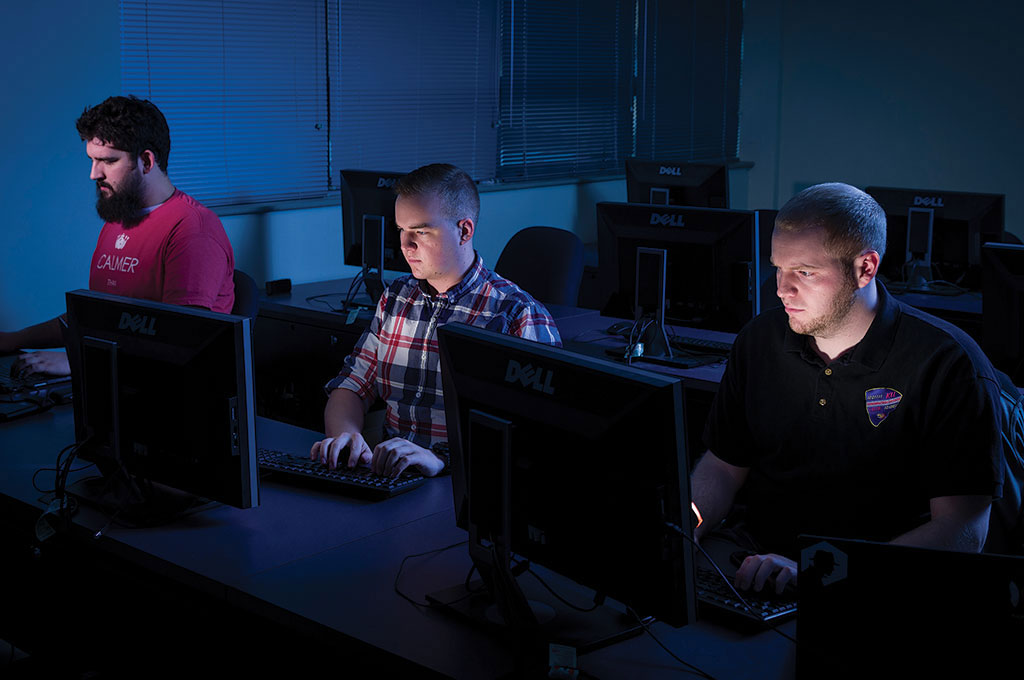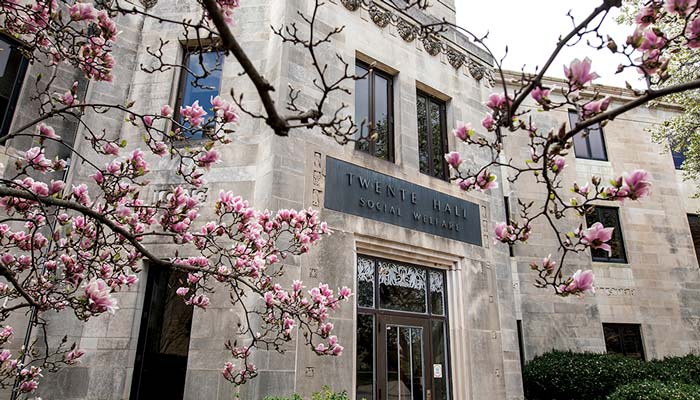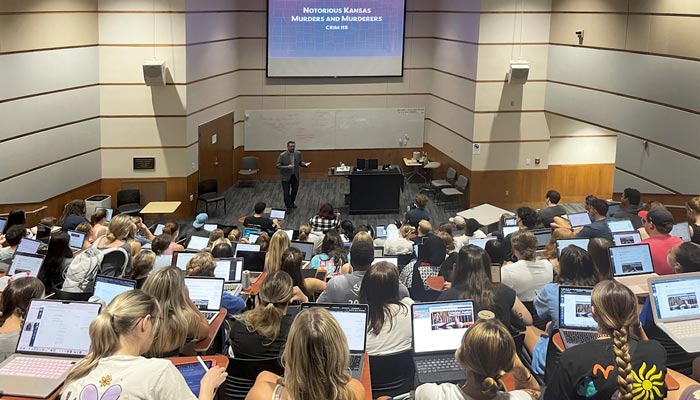Digital defense
Students can fortify cybersecurity credentials with new engineering options

KU undergraduates hoping to forge careers in the rapidly burgeoning field of cybersecurity have long looked outside the classroom to gain experience battling hackers, testing themselves in competitions that pit teams from different universities in simulated cyberwar games [“Domain Defenders,” issue No. 2, 2017] designed to test students’ ability to ward off online attacks that corporations, utilities and public institutions face daily.
Now these students have more options inside the classroom, thanks to a four-course cybersecurity program from the School of Engineering that for the first time allows undergraduates to build and certify their expertise at defending digital networks in workplaces, schools and homes.
The program requires students to take Introduction to Communications Networks (EECS 563), Introduction to Information and Computer Security (EECS 565), and one other three-credit security-related course of the student’s choice. A final cyberdefense requirement can be earned by either completing an additional three-credit course or by practicing cyberdefense techniques in real-world scenarios such as the competitions attended by the school’s Jayhackers team.
Bo Luo, professor of electrical engineering & computer science and faculty adviser for the team, expects the certification will be in high demand from students, who stand to benefit from more job offers and higher starting pay. “They want security courses and something more than the transcript to show they have taken the courses—that they received systematic training on cybersecurity,” Luo says. Even students who don’t plan to make cybersecurity their career will benefit. “With that knowledge, with that certificate, a student in software engineering is going to produce code that is less vulnerable,” he says. “There will be a long-term benefit there.”
The certificate is part of an ongoing effort to bolster KU’s offerings in the rapidly growing field. The School of Engineering has expanded cybersecurity faculty to five tenure-track positions and is in the midst of a $4.7 million, five-year grant from the National Science Foundation that’s part of a nationwide effort to bolster the federal government’s information security systems while supporting students who agree to take jobs after graduation defending critical national infrastructure systems at the Central Intelligence Agency, National Security Agency, Department of Defense and other federal, state and local agencies. In December, the school announced a new planning grant from the NSF that enables KU researchers to design a Center for High-Assurance Secure Systems and IoT (CHASSI) that would enlist researchers at five universities to strengthen security for a range of items, from Internet of Things products to important infrastructure systems like energy grids and financial markets. KU will submit its final proposal to the NSF this year.
–Steven Hill
Photo credit: Steve Puppe








